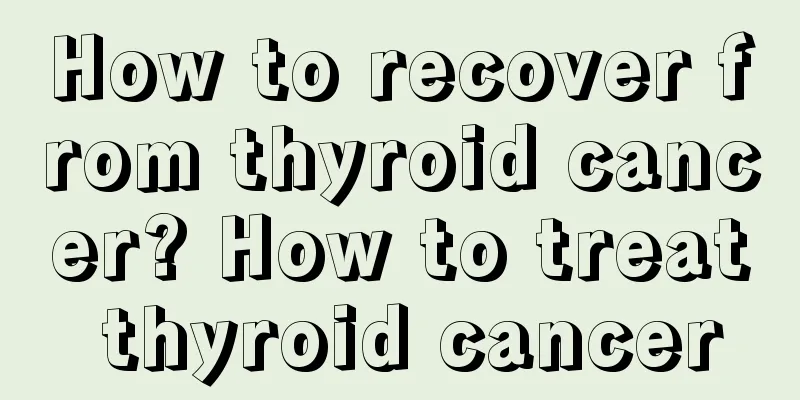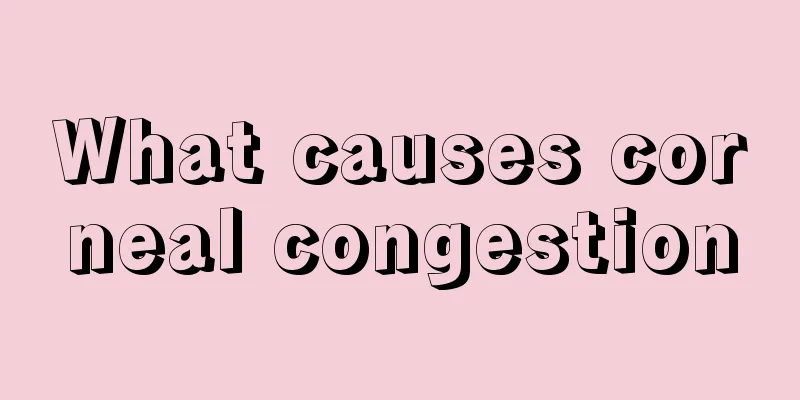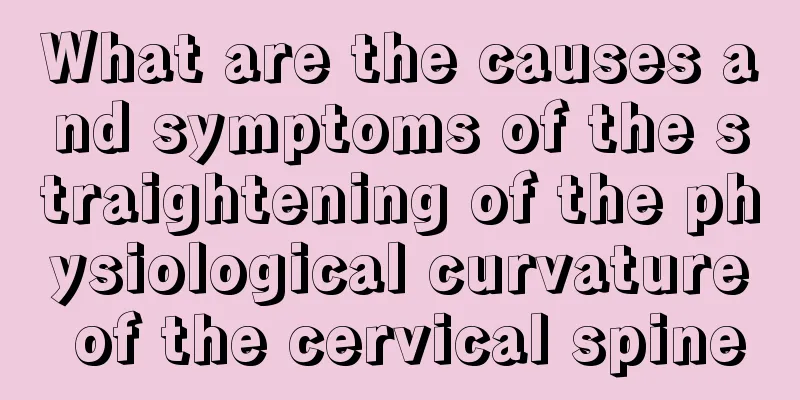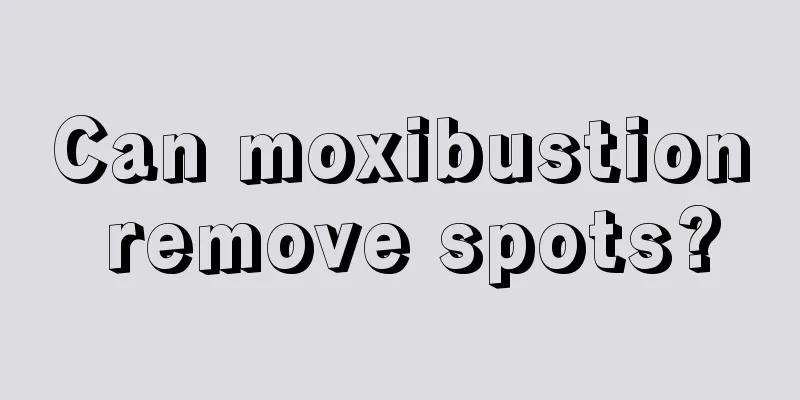Vagus nerve stimulation surgery
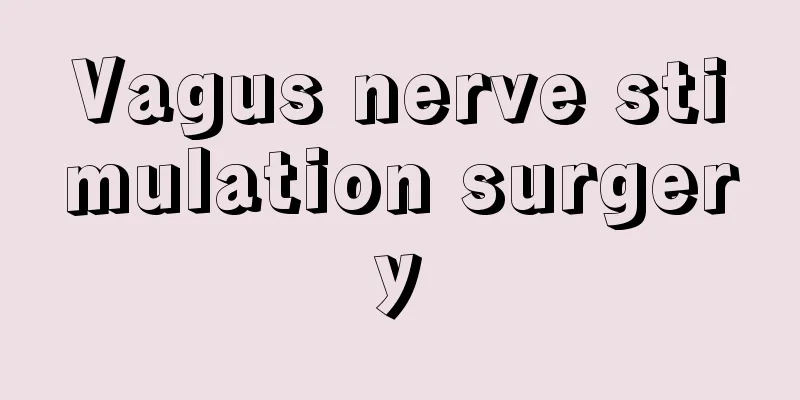
|
Many people are not particularly familiar with the Peripheral Nerve Stimulation Surgery. This surgery mainly changes the electrical potential within the brain, thereby achieving the effect of treating epilepsy. This type of surgery was quite popular for a while, but it also has certain side effects. Therefore, unless the patient's epilepsy is very severe, such surgery should be considered. This can improve the patient's quality of life. Let's take a look. Vagus nerve stimulation surgery Zabarra proposed that he believed that stimulating the vagus nerve might change the electrical potential in the brain, thereby blocking or even preventing epileptic seizures. As to why stimulating the vagus nerve can produce the effect of controlling epileptic seizures, there is no real conclusion yet, but it has been found in animal experiments that stimulating the vagus nerve can indeed effectively control epileptic seizures. This concept was later used by Cyberonics to design a neural stimulation system called NeuroCybernetic Prosthesis System (NCP for short) is actually used clinically in epilepsy patients. The actual process of vagus nerve stimulation is as follows: first, a coil is placed on the vagus nerve in the left neck through surgery, and the stimulation device is buried in the chest. Then, every time the patient visits the doctor, the medical staff uses the instrument to adjust the parameters and mode of the stimulation device. The machine will automatically stimulate the vagus nerve according to the set mode to achieve the purpose of controlling epileptic seizures. If the patient's epileptic seizure has precursors, when the patient feels the precursors at home or other occasions, he or she can use a small structure with a magnet inside and pass it across the chest to produce additional stimulation to interrupt the impending epileptic seizure, shorten the duration of the seizure, or reduce the severity of the seizure. Treatment Outcomes Currently, among patients around the world who have used vagus nerve stimulation to help control epileptic seizures, about 80% of patients can achieve some degree of improvement in their epilepsy, and 40% of patients can reduce their seizures by half. This effect is long-lasting, and the gains in seizure control may increase over time. Additionally, some patients experience improvements in mood, alertness, and memory through stimulation of the vagus nerve in the brain. It can also reduce the dosage of anti-epileptic drugs and the chance of being sent to the hospital due to seizures, thereby improving the quality of life of epilepsy patients. |
<<: Central nervous system repair
Recommend
What is the difference between sturgeon and beluga
Sturgeon and sturgeon look very similar to people...
What to do if ovarian cancer metastasizes?
What should we do if ovarian cancer metastasizes?...
Can breast cancer be cured at the age of 28?
The emergence of breast cancer seriously affects ...
Why do I gain weight even though I eat less?
For people who want to lose weight, the most impo...
Can wine be packaged in plastic bottles?
China's wine culture has a long history. Many...
There are 4 major signs of excessive blood waste. If you ignore it, something bad will happen sooner or later
As we age, some "garbage" will slowly a...
The difference between convulsion and spasm
Every part of the body is controlled by a brain n...
What material is good for dentures
Many elderly people worry more or less about dent...
What are the symptoms of A-anti-inflammatory
For a disease like hyperthyroidism, it is actuall...
How does leucorrhea with mixed blood produce small cervical cancer? What should we pay attention to in preventing cervical cancer?
Leucorrhea with bright red blood or leucorrhea mi...
What is the simplest way to diagnose gastric cancer?
In clinical practice, there is no simplest way to...
What is the reason why bacteria make people sick?
Bacteria are a common presence in real life, and ...
Treating brain cancer knowing the early symptoms is the key
The brain is used endlessly by us every day. If t...
How do lung cancer patients eat?
In the past 50 years, the incidence and mortality...
Is right shift of the aorta normal?
We all know the importance of a person's puls...
